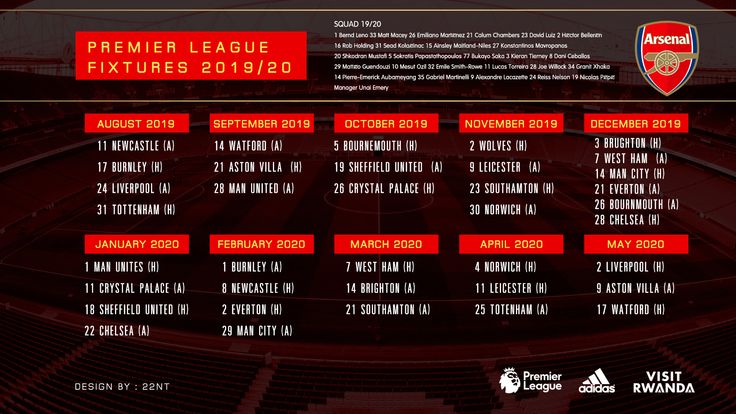Football, often dubbed “the beautiful game,” possesses an undeniable global pull. Yet, beneath the gleaming stadium lights and the roar of passionate crowds, a silent crisis is brewing: an increasingly relentless fixture calendar. This growing schedule, packed with domestic leagues, cup competitions, and an ever-expanding international slate, is now drawing sharp criticism from legends of the game, notably Thierry Henry and Jamie Carragher.
The Echoes of Exhaustion: A Player`s Perspective
Thierry Henry, a World Cup winner and one of the most prolific strikers of his generation, recently voiced a potent concern: the modern player`s unsustainable burden. He painted a stark picture of his own playing days, recalling how he arrived at major tournaments “dead – mentally, physically,” often injured and ill-prepared. While Henry acknowledges that his era saw fewer games than the current 60-70 per season some players now face, the sentiment of exhaustion resonates profoundly. This isn`t merely about physical wear and tear; it`s about the mental fortitude required to consistently perform at elite levels without adequate recovery or genuine preparation.
The implications are far-reaching. A fatigued player is inherently more susceptible to injury, and their peak performance is inevitably compromised. This impacts not just club fortunes but also national team aspirations, potentially diminishing the quality of the very tournaments fans cherish. The irony, as Henry suggests, is that “you don`t prepare for a competition” when you`re simply trying to survive the preceding club season.
A Call for Direct Dialogue: Not Ex-Players, But Current Actors
Henry`s criticism extends beyond merely identifying the problem; it zeroes in on the efficacy of potential solutions. He firmly believes that governing bodies like FIFA and UEFA must engage in “an educational discussion” directly with current players and their unions. “Don`t call me, UEFA. Do not call me, FIFA. I`m not playing anymore,” he stated with characteristic directness, advocating for dialogue with active stars like Virgil van Dijk or Mohamed Salah. His logic is simple and unassailable: only those currently experiencing the grueling schedule can accurately articulate its true impact and contribute to viable solutions. It’s a crucial distinction, separating well-meaning retrospective advice from the raw, lived reality of the modern professional.
The Unseen Costs: Money, More Money, and Fan Fatigue
Jamie Carragher, a fellow analyst and former Liverpool stalwart, wholeheartedly concurred with Henry, underscoring the commercial drivers behind this calendrical creep. He pointed fingers directly at UEFA`s Nations League and FIFA`s new-look Club World Cup as prime examples of competitions “not needed” and primarily designed to “make more money.” This insatiable quest for revenue, Carragher argues, comes at a tangible cost to the game`s integrity and welfare. “Nobody is out there asking for those competitions,” he observed, highlighting a stark disconnect between governing body initiatives and the actual desires of the global footballing community.
The consequences ripple outwards, affecting not just the players but also the lifeblood of the sport: the fans. Henry candidly admitted his own fatigue, confessing he barely watched the Club World Cup.
“As a fan, I`m tired… Too much is too much,” he declared.
This isn`t a mere lament; it`s a stark warning. The proliferation of games, while ostensibly offering “more football,” risks diluting the product and inducing spectator burnout. Furthermore, the financial burden on supporters is escalating rapidly. With more tournaments come more tickets, more subscriptions, and more merchandise – questions Henry poignantly raised about the “depth of your pocket now as a fan.”
Empowering the Players: The Ultimate Lever for Change
Both Henry and Carragher ultimately converged on a powerful, albeit challenging, conclusion: the impetus for meaningful change must come from the players themselves. As Henry articulated, former players lack the executive power to effect systemic shifts; their role is primarily to raise awareness and spark dialogue. The real leverage lies with the current generation, who, if united and vocal, possess the collective strength to demand a more sustainable calendar. Carragher even mused about a scenario where “the greatest players in the world come together and say enough is enough and to refuse to play,” a drastic yet illustrative measure of the potential power wielded by football`s true “actors.”
This critical discussion is not about diminishing the inherent love for the game or rejecting its commercial viability entirely. Instead, it’s a vital examination of whether the current trajectory is sustainable for anyone involved. It`s a call for balance, for prioritizing the health and longevity of its protagonists – both on the pitch and in the stands – over an endless pursuit of expansion. For the sake of the beautiful game, perhaps it’s time to listen intently to those who truly live it, day in and day out, before the relentless march leads to an irreversible stumble.

